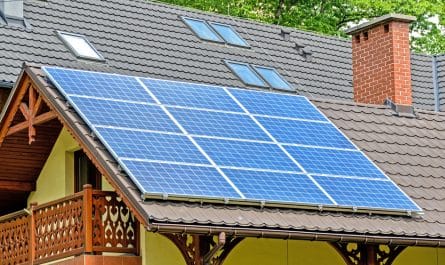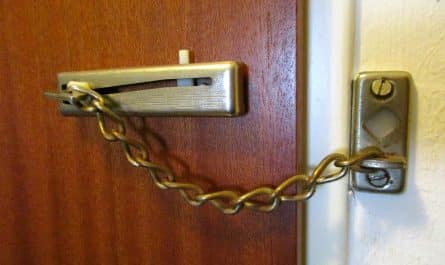Many homeowners and tenants often find themselves faced with underinsurance of their home. This phenomenon can have unfortunate consequences in the event of a disaster, including insufficient compensation to cover the damage suffered. In this article, we present to you the causes of underinsurance, how to avoid it and the consequences that arise from it.
What is underinsurance in home insurance?
Underinsurance is a situation where the insured value of a property, in this case the home, is less than its true value. This means that the guarantee taken out with the insurer does not fully cover the damage caused by an incident such as a fire or flood. The reasons for this underestimation can be various, such as a poor assessment of the value of the property by the insured or a change in his situation which has not been reported to the insurer.
The proportional rule
In the event of underinsurance, insurers generally apply the proportional rule when compensating the loss. This rule consists of reducing the compensation paid in proportion to the difference between the insured value and the true value of the property. For example, if your home is insured for 50% of its actual value, compensation in the event of a loss will only cover 50% of the damage suffered.
How to avoid underinsurance?
To avoid underinsurance, it is essential to correctly estimate the value of your home and belongings. Here are some tips to help you in this process:
- Have an assessment carried out by a professional : a real estate expert or an insurance broker can help you assess the value of your property and the cost of reconstruction in the event of a disaster.
- Take into account developments in the real estate market : the value of your property may change over time, in particular due to inflation, work carried out on the home or variations in the local real estate market. Remember to regularly readjust the value of your property with your insurer.
- Do not neglect exterior fittings : swimming pool, garden, garden shed… These elements also have value and can be damaged in the event of a disaster. Please feel free to include them in your estimate.
- Evaluate the contents of your home : remember to include all your belongings (furniture, household appliances, valuable objects, etc.) in your estimate in order to guarantee their replacement in the event of a disaster.
- Opt for a replacement value guarantee : this guarantee allows you to be compensated on the basis of the cost of reconstruction or replacement of your property, without taking into account their obsolescence. Please note, however, that this guarantee may result in higher insurance premiums.
The consequences of underinsurance in home insurance
In addition to the risk of not being properly compensated in the event of a claim, underinsurance can also have other consequences:
Financial difficulties
Insufficient compensation can lead to significant financial difficulties for the insured, particularly if they have to bear the cost of repairs not covered by their insurance. It may also impact their ability to obtain new accommodation quickly, or even find temporary accommodation while repair work is carried out.
An impact on future insurance
If you have been the victim of a loss and your insurance has not fully covered the damage, it is possible that this will affect your future insurance contracts. In fact, insurers take into account the loss history to determine the risks and the associated premiums. Insufficient compensation could therefore increase your insurance premiums in the future.
Termination of the insurance contract
In the event of proven underinsurance, certain insurers may decide to terminate the insurance contract. This situation can prove problematic for the insured, who will then have to look for new home insurance and risks being offered less extensive guarantees or higher premiums.
In summary
Underinsurance in home insurance is a common phenomenon with potentially serious consequences for policyholders. To avoid this, you should carefully assess the value of your home and property, and regularly update your insurance contract according to changes in your situation. Do not hesitate to call on a professional to support you in this process and thus protect yourself as best as possible against the vagaries of life.







